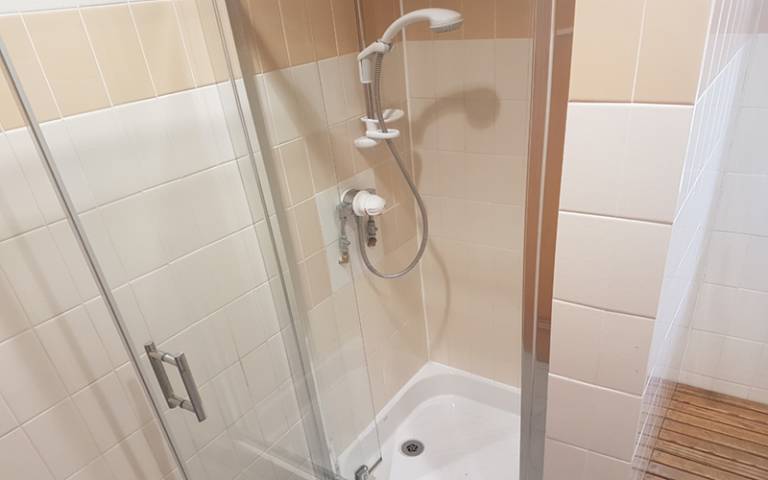Research from a drain making drugs cheaper faster and safer
29 January 2019
Making drugs safe is a major challenge for the pharmaceutical industry. Knowing how that drug will affect a person once it enters the body is difficult to predict as medicines metabolise and change when delivered in-vitro.

Professor John Ward, programme director for the Synthetic Biology MRes at UCL Biochemical Engineering, has been pioneering techniques to force bacteria to create new enzymes for a wide range of purposes; from replicating the actions in a human body to breaking down plastics into new compounds we can use again. This quest has led him to find sources of bacteria for his experiments in all sorts of places. When he moved into a new house the shower was slow to empty, and his wife opened the shower trap to remove the accumulated gunk. John spotted the potential in this and brought the matter into the lab.
John’s research has led to receiving a highlight editorial in Nature Catalysis titled “Novel enzymes from a drain” and an ALMAC cover with the headline “Cutting-edge research for a greener sustainable future.” The reason these publications are so excited by this research is that the bacteria from John’s drain have evolved under extreme conditions and have robust enzymes that have potential to make it more sustainable, cheaper and quicker to test and manufacture products such as medicines.
Hypha Discovery have just launched a PolyCYP kit that give pharmaceutical and agricultural research and development companies a range of new enzymes to test. Some of John’s new enzymes were included in the kit and there is hope that they will lead to new drug discoveries.
Innovate UK have awarded John and Hypha Discovery a new research project grant of £532,290 entitled 'From O to N: engineering the gap'. This is an 18 month project that aims to establish scalable bioconversion systems for production of N-glucuronides of drugs and metabolite standards.
 Close
Close

